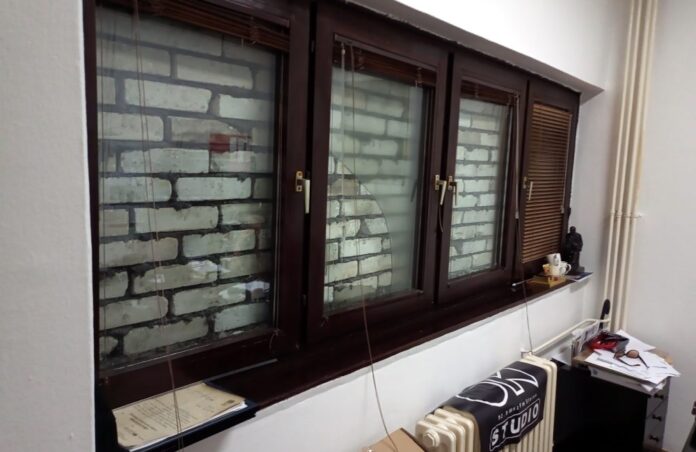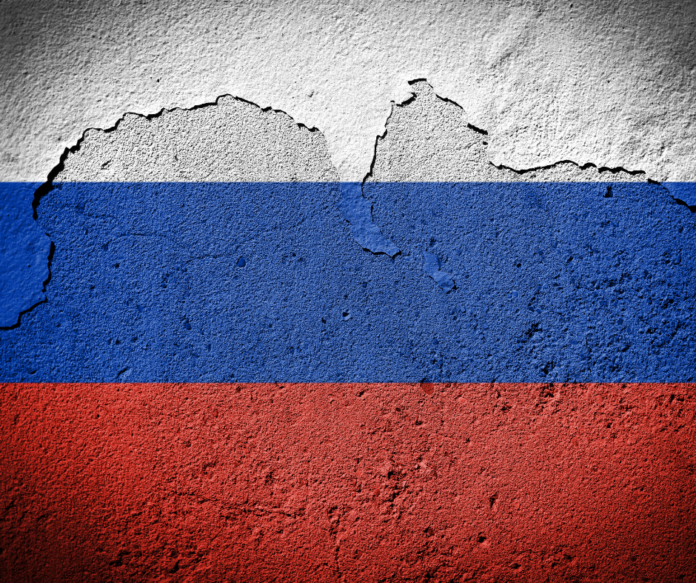European Union member states want to authorize spying on journalists and their sources. It sounds really incredible, but do you remember the Pegasus affair?
Journalists all over the world are monitored using software that allows infecting mobile phones and eavesdropping on phone conversations and reading messages and e-mails. The secret services and the police thus monitored the telephone conversations and digital communication of hundreds of journalists, human rights activists, lawyers and politicians, and even presidents of states.
A group of investigative journalists from the German public services WDR and NDR, Süddeutsche Zeitung, Die Zeit, along with the organizations Forbidden Stories and Amnesty International, discovered that the secret services and the police used software purchased from the Israeli company NSO to tap the phones of more than 180 journalists, especially in Hungary. Greece, Spain, France, Belgium and Azerbaijan. Among the journalists spied on was the editor-in-chief of the British FT, reporters from the French Le Monde, a CNN reporter… The scandal was huge.
Presenting the idea of the European Media Freedom Act, EC Vice President Vera Jurova stressed that the Media Freedom Act includes strong protective measures against the use of spyware against the media, journalists and their families.
The European Federation of Journalists welcomed the idea of the European Act on Freedom of the Media, but with the amendments we requested, among other things, an additional improvement regarding the protection of journalists’ sources and the installation of spyware in accordance with international standards, so that the law would ensure the protection of journalists from all forms of surveillance that threaten protection journalistic sources.
But the member states decided to go in the completely opposite direction. France requested an exception to the general ban on the deployment of spyware against journalists, demanding that provisions on the effective protection of journalistic sources “do not call into question the responsibility of member states to safeguard national security”.
The EU Council accepts the idea of weakening the EMFA and in 2023 in Europe we are faced with the fact that the EU Governments agree that spying on journalists and their sources should be approved on the vague grounds of “national security”.
Of course, the European Federation of Journalists strongly rejects the EU Council’s position on the European Media Freedom Act (EMFA) and condemns the attack on media freedom, arguing that such legislation would further endanger journalists and their sources, because such an exception would actually nullify the original idea of protecting journalists from spying. Who will determine what is a justifiable reason for spying for national security?
I will remind you that after the discovery of the Pegasus affair, in January 2022, an investigation was conducted in Hungary. Hungary’s National Authority for Data Protection and Freedom of Information issued a report concluding that in all cases they investigated, including those in which journalists were eavesdropped, all legal criteria for the use of spyware were met and that the spyware was used to protect the national security. It has not been explained why these journalists pose a threat to national security.
That is why it is necessary to adopt a provision that will be imperative for member states to ensure the protection of journalists and their sources from spying.
The European Federation of Journalists has joined its affiliates and other civil society organizations in calling on member states to review their current position and take steps to meaningfully protect journalists and their fundamental rights and ensure that the Act protects journalists and their fundamental rights by:
– eliminates the “national security” exception
– limit the list of criminal offenses that allow repressive measures against journalists and journalistic sources and prohibit the installation of spyware
– include strong legal safeguards for the protection and respect of free and independent journalistic work.
Everything else takes us to some past times, far from the free democratic world to which Europe wants to belong. A world where journalism is truly a public good and those who make decisions have the courage and intelligence to provide a framework in which journalists will work freely and independently. Today, we are facing the European Parliament in the hope that it will have the courage to return the European Act on Freedom of the Media to the direction it was intended, which leads to strengthening the protection of journalistic freedoms, creating a solid framework for the independent, professional work of journalists.
Source: Sindikat Novinara Hrvatske










